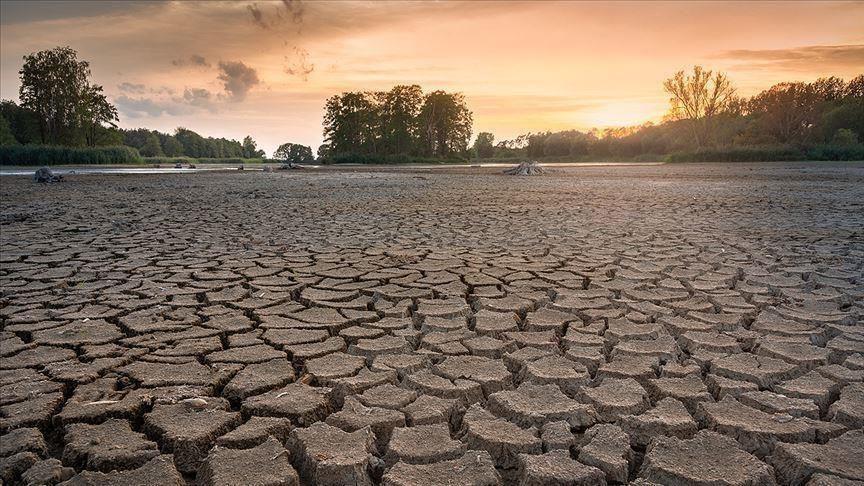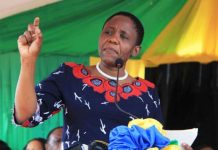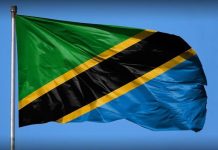Africa-Press – Tanzania. The year 2023 could be “really important” for global climate action, but much depends on what happens at the COP28 meeting later this year, according to a climate change specialist.
The previous round of the UN’s high-stakes climate talks, COP27, in Egypt’s resort city of Sharm el-Sheikh last November drew both praise and criticism in equal parts.
While last-minute negotiations yielded a long-awaited deal on a loss and damage fund to compensate vulnerable countries for climate-related losses, the overall outcome was far from optimum, as the world’s leading carbon emitters refused to commit to phasing down the use of fossil fuels or make new pledges on climate protection.
Report after report keeps warning that countries are failing to fulfill their promises and that global warming levels will far exceed set projections and targets.
Still, though, there is hope that COP28, set to be held in Dubai from Nov. 30 to Dec. 12, could offer some concrete results.
“I think we were a bit disappointed with what came out of the COP27 processes,” Shirley Matheson, global nationally determined contribution enhancement coordinator at the World Wide Fund for Nature (WWF), told Anadolu.
“We were really expecting that would build on what came out of Glasgow,” she said, referring to the 2021 summit in Scotland, where major takeaways included a phase-down of coal power and a phase-out of “inefficient” fossil fuel subsidies, as well as a pledge to cut methane emissions by 30% by 2030.
She explained that this year’s COP meeting will feature a global stocktake, an official assessment that countries agreed to in the Paris Agreement.
It was a central feature of the landmark deal and, essentially, will give a clearer picture of how the fight against climate change has progressed since 2015.
“COP28 really needs to provide us with … credibility and make sure that we can really trust in the process,” said Matheson.
The WWF official was among the attendees of the ongoing Bonn Climate Change Conference in Germany, which serves as a preparatory summit of sorts with COP28 just about six months away.
Events at the Bonn conference, running from June 5-15, include discussions on issues such as the global stocktake, adaptation goals, transition, the loss and damage fund, and other mitigation efforts.
“What we want to see from the Bonn conference is signals that everything is moving in the right direction,” said Matheson.
‘Response which is appropriate to the urgency’
On the WWF’s position at the Bonn talks, Matheson said they want to see discussions on responses to warnings from the Intergovernmental Panel on Climate Change.
The move toward phasing out fossil fuels and the overall energy transition are critical, she said, adding that there are already some strong signals on the issue of eliminating fossil fuels.
“We want to see that the loss and damage fund is going to be something concrete coming out of COP28. It was … the one positive aspect coming out last year,” she added.
Regarding ambiguous policies of some European nations, who pose as leaders in the push for climate actions while pursuing new fossil fuel projects, she said it indicates that these countries are trying to shift the risk instead of addressing it.
“So, what we want to see is a response which is appropriate to the urgency,” Matheson underlined.
On questions being raised over the UAE, one of the world’s top oil producers, hosting the upcoming summit, she said ensuring consensus and commitment by all countries are much more important issues.
For More News And Analysis About Tanzania Follow Africa-Press







